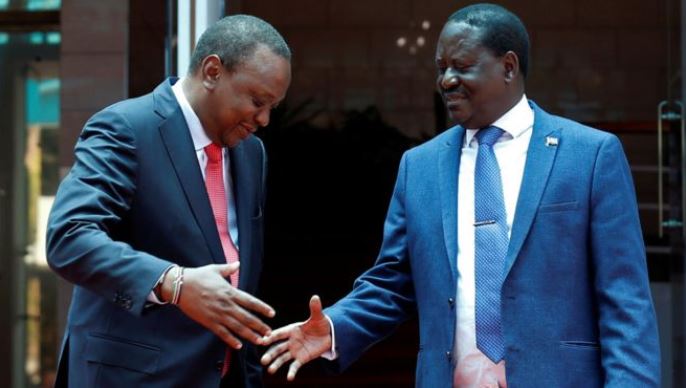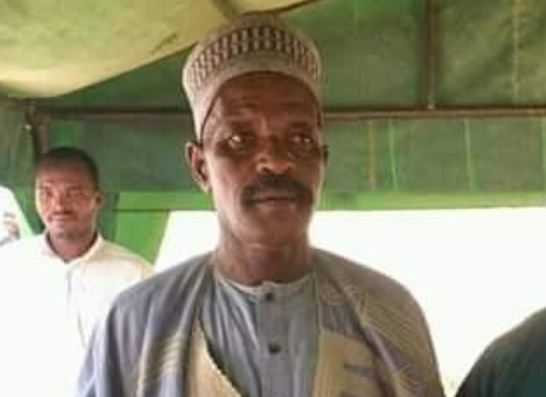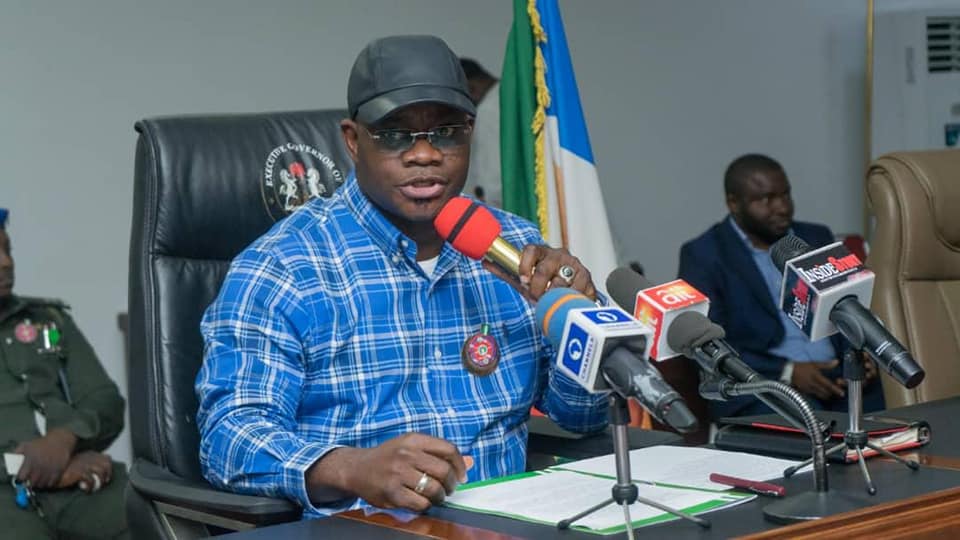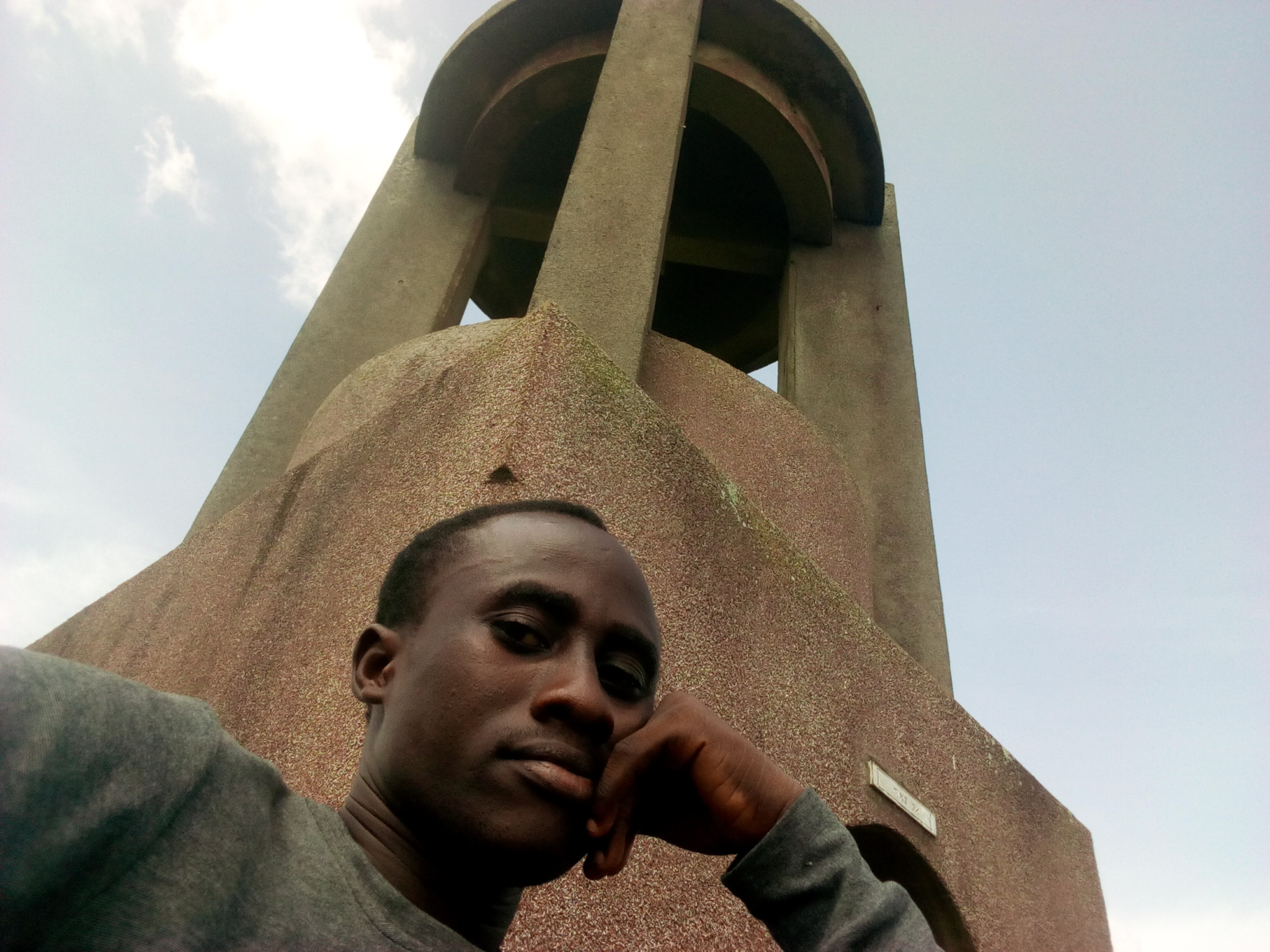BY ALEXANDER IFEANYICHUKWU
In 2017, the East African country of Kenya rewrote Africa’s democratic history.
In what demonstrated patriotism at the highest level and judicial precedence which will continue to guide other African democracies on the path of sanity,the Kenyan Supreme Court within 23 days after its Presidential Election upturned the verdict of the election umpire and called for a re-run of that election.
What is notable in that September 1, 2017 verdict by the Supreme Court of Kenya is that while the whole world construed that there would be earth shaking panic with its dire consequences on the East African country, the judges were convinced that, the polls were not “conducted in accordance with the constitution”, leaving “no choice but to nullify it”.
Advertisement
Those statements set the ground to do whatever it takes to restore the dignity of the constitution of Kenya and the people’s confidence did not ebb. Instead of an anticipated chaos, peace and cooperation took over. A re-run of the Presidential election was held on October 17 and the incumbent President Uhuru Kenyatta still won.
It has become necessary to remind Nigerians at this time while the nation awaits the constitution and proceedings of the Presidential Election Petition Tribunal, or in the event that the matter gets to the Supreme Court, the supremacy of the constitution far and above any interests must be maintained.
Similarities abound in both the Kenya situation and what is playing out in Nigeria presently. In Kenya, the judges averred that the election results was declared before all results from the nation’s 40,000 polling stations had been received. In Nigeria, due to violence and other forms of disturbances, elections did not hold on February 23 they held between February 24 and March 9 the day of the governorship and state houses of assembly elections.
Advertisement
There were noticeable flawed figures, over voting, irreconcilable figures pointed out at the time of announcing the presidential yet, these were not considered an infraction on the constitutional provisions for a credible election.
While the opposition candidate Alhaji Atiku Abubakar of the People’s Democratic Party has approached the court with grounds upon which the elections result that gave victory to incumbent President Muhammadu Buharicannot stand and the All Progressives Congress has filed counter claim; the world is waiting on the judiciary.
The judiciary as the last bastion of human sanctity happens to be the last of the three critical legs involved in any election. The other two legs have been crossed that is, the campaign season and the voting process.
Unfortunately for the Nigerian judiciary, the objection to the result of the Presidential Elections is coming at a time when its image is in near tatters and its once eminent position as the last hope of mankind has never been this threatened.
Advertisement
This case therefore offers it (the judiciary), one lifetime opportunity to redeem itself.
One of the critical lessons to learn from the Kenyan experience of 2017 is that the apex court in the east African country was acting against the wishes of a powerful horde of supporters of the incumbent. The judiciary was obviously under pressure and threats but, it chose to do what was right.
In the words of Chief Justice David Maraga the 14th CJ of Kenya who was only appointed into office by President Uhuru Kenyatta the year before the elections:
“Senior political leaders have also threatened the judiciary, promising to cut it to size and teach us a lesson”. In bold response to threats, the 68-year-old judge affirmed that judges would not be intimidated by anyone and were indeed, ready to pay the “ultimate price” if that is the only way to protect the constitution and rule of law.
Advertisement
Courage to stand for the truth will be tested in the Nigerian case. The questions on every lip include: will the Nigerian judiciary seize this opportunity to redeem itself? Will the outcome of this case restore confidence in the nation’s democracy? Will the Independent National Electoral Commission, INEClive up to its name – independent?
Already, the Nigerian situation is trailing the Kenyan experience of 2017. For instance, it took only 23 days after the presidential election for the court to enter a verdict on September 1 and by October 17, the re-run has been conducted.
Advertisement
Nigerians and indeed the world await with bated attention on the judiciary.
Ifeanyichukwu, a political analyst. writes from Enugu.
Advertisement
Views expressed by contributors are strictly personal and not of TheCable.
Add a comment






